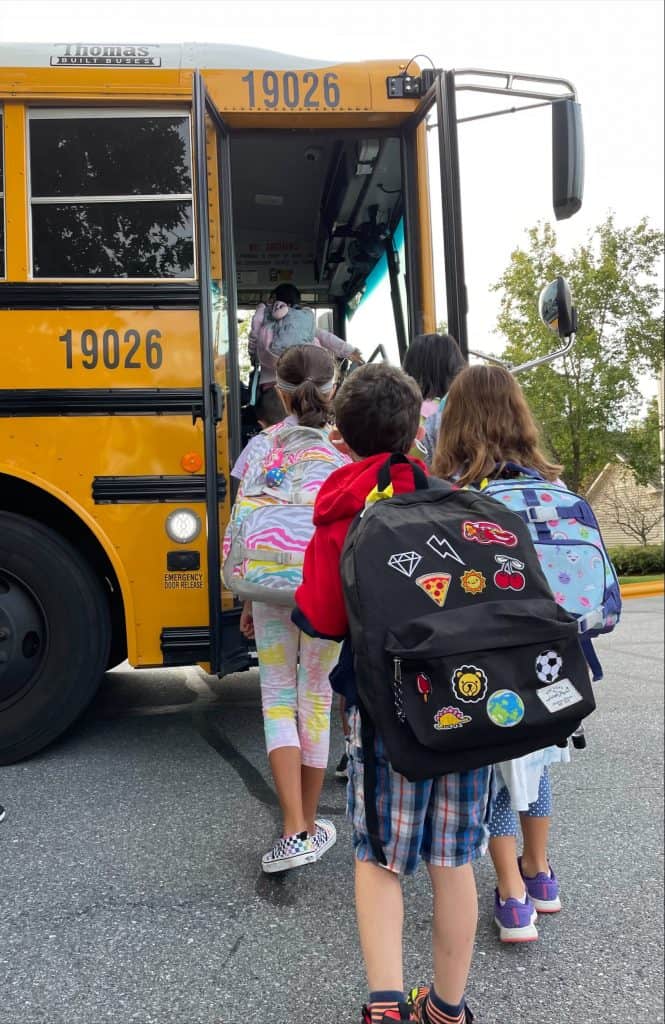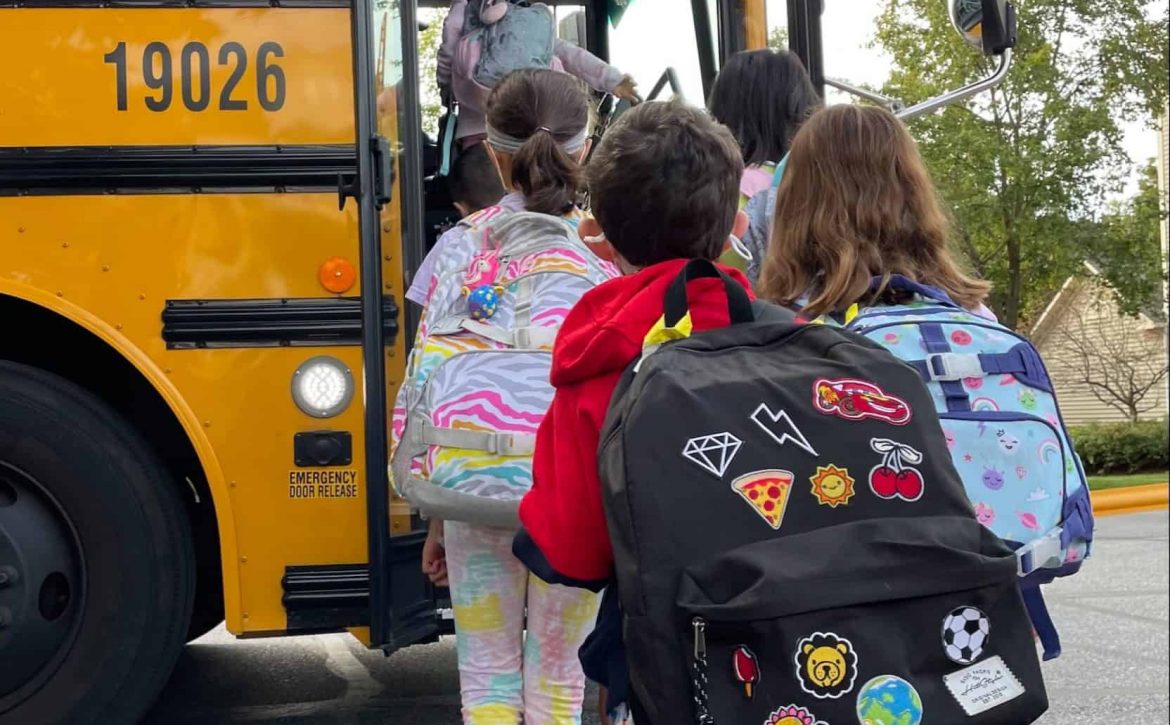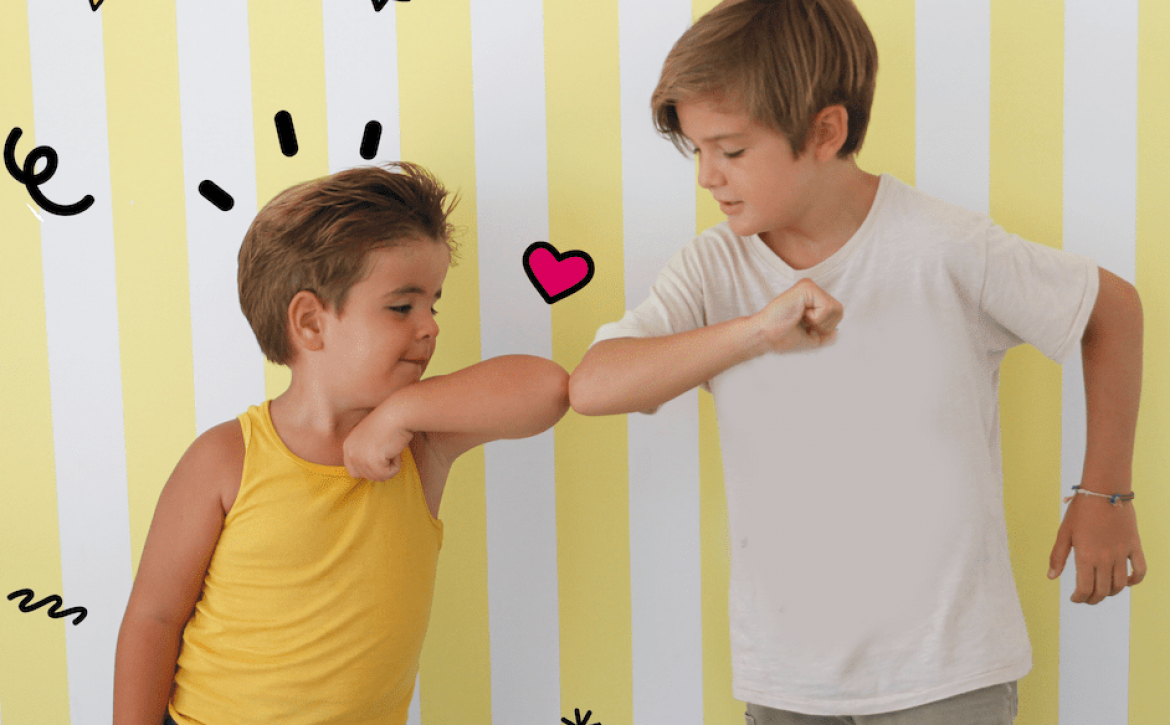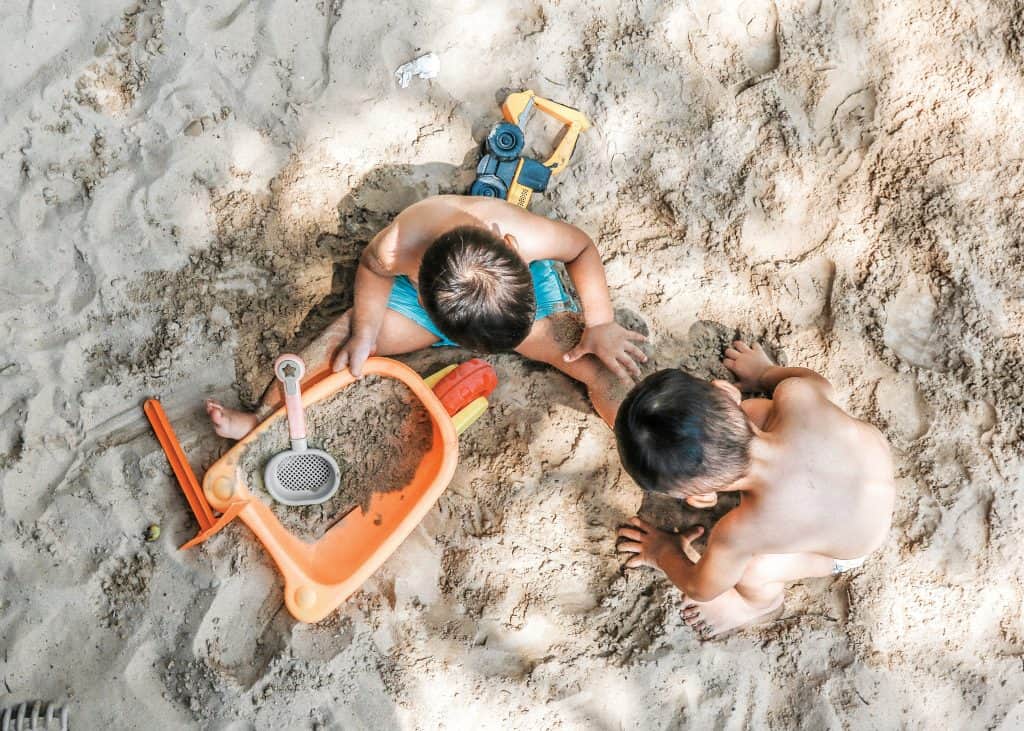This Year’s Hottest Back-to-School Supplies: Masks and Problem-Solving Skills

My six-year-old started first grade this month at a brand-new school, not a familiar face in sight. On the first day, he asked his next desk neighbor if she wanted to be friends. She responded with a shrug and said she’d think about it.
The next day, her answer was no.
Grrr.
My mama-bear blood boiled when he told me her verdict, but his little freckled face remained relatively calm and matter-of-fact. He didn’t seem angry. Mostly, he seemed unsure of what to do next.
As our kids begin a new school year, many back in the classroom after a long Covid-induced hiatus, I join many parents across the country (and around the world) who are pitching in to help our kids figure out social problem-solving.
Parents’ Back-to-School Worries
A new study of nearly 450 parents of kids ages 2-8, conducted via text message by Bright by Text and Sparkler Learning, found that:
- 75% of parents reported concern about their child’s social-emotional learning.
- Parents are more concerned about social-emotional development than academic learning.
- Only 31% of parents reported feeling “very confident” in helping their child build social-emotional skills.
With so much out of our control right now (95% of parents surveyed remain concerned about their child catching COVID), there are still ways we can help our kids get back out there confidently.
Three Strategies to Help Our Kids Solve Problems
Here are three strategies for helping your child solve social problems:
- Bounce questions back. When my first grader asked what I thought he should do to make friends, my other kids jumped in with suggestions. “Hang out at the monkey bars during recess,” suggested my third grader. “You’ll definitely make friends there.” My four-year-old asked if he could move up to 1st grade and be his big brother’s friend. (Sweet, but not possible.) I bounced the original question back to its asker: “What do YOU think you should do?” And, with just a few minutes of thought, he came up with some great ideas for making new friends and also getting along with the not-so-interested classmate. Of course, sometimes our kids will need us to help problem-solve — but other times they just need to know that we believe they have the answers.
- Use the “try 3 before coming to me” rule. With three kids close in age, there are near-constant conflicts in my house. Which movie to watch, who gets to use which toy, what playground we go to. Simply put: conflicts are exhausting — for the parents, for the kids, and even for our family’s dog who gets up and leaves the room when a disagreement rumbles through! The “Try 3 before coming to me” rule encourages kids to come up with three ways to solve a problem on their own before asking a grown-up. If they’re playing a board game and disagree, the “try 3” rule might look like: negotiate on a rule that may solve the problem, start the game over, or pick a new game. If all of that fails, then they can ask me (or another grown-up) for help. This encourages kids to solve a problem amongst themselves first before asking for outside help.
- Make respect an ingredient in disagreements. Kids (friends, siblings, classmates) don’t always agree. And that’s okay. But calling people names, yelling, or physically hurting someone else are not okay. When a disagreement comes up between my own kids or my child and a friend, it often helps to remind them that they actually like each other — and that they don’t have to agree, but they do have to approach each other respectfully. These words sink in the most when everyone has had a chance to take some deep breaths and calm down.
As we begin yet another pandemic school year, let’s all add social problem-solving skills to our school supply list.
For more tips on helping your child grow a big heart this school year, text HEART to 274 448.



